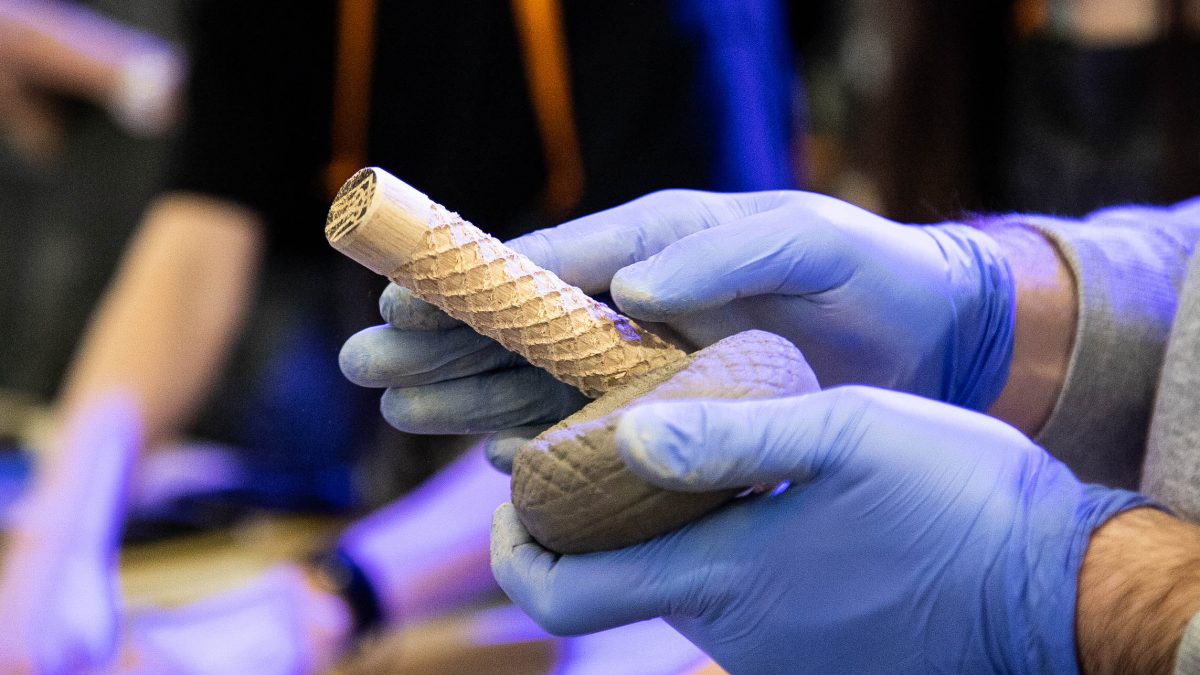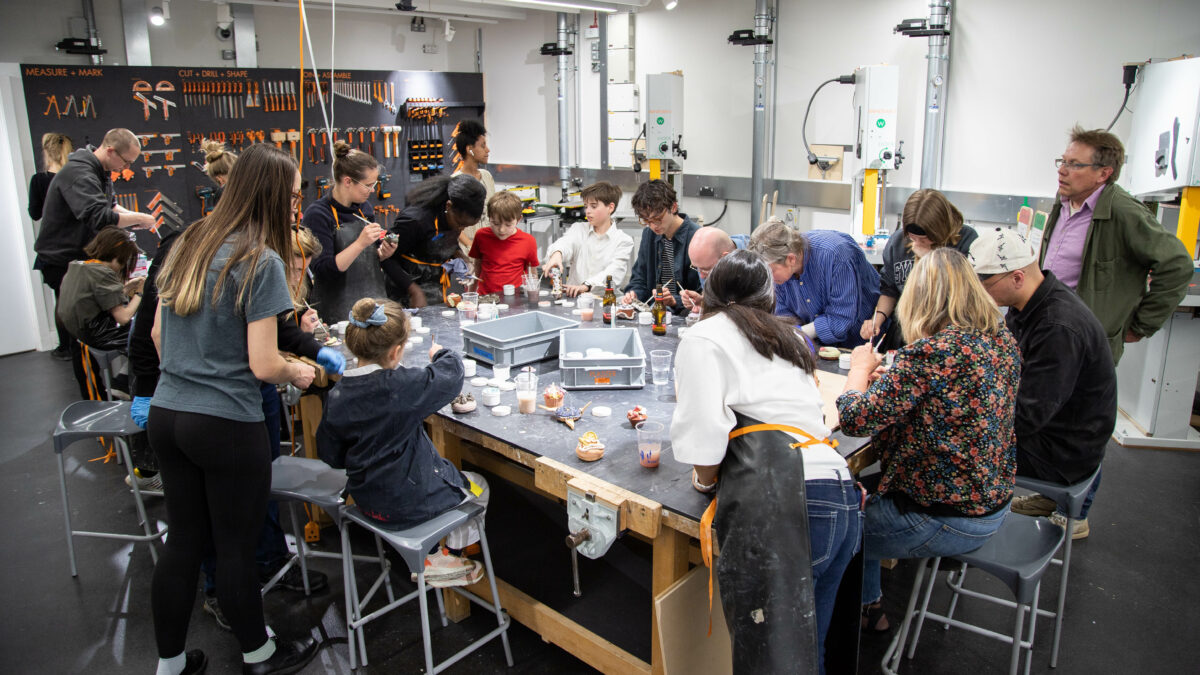When: Friday, 13th of May 2022 from 10am to 6pm (BST)
Where: M416, University of Westminster, Marylebone campus, 35 Marylebone Road, London NW1 5LS
Register via Eventbrite.
Background
The ‘Emerging Territories’ research group hosts a one-day symposium on current research initiatives of the School of Architecture and Cities, which contributes to the global agenda of sustainability of the University of Westminster. We work at the interface between London-based explorative practices, and globally-relevant projects, with the aim to promote and design more resilient and inclusive communities, places, and territories, around the following priority emerging areas: Climate Urbanism; Health & Wellbeing; Urban-Rural Interfaces; Anthropocene Territories; Public Space and Diversity.
Concept
Urban and Architectural research, in recent years, is confronted with new challenges affecting cities and the built environment: the unexpected outbreak of the COVID19 pandemic, the increasing evidence of the tangible impact of climate change, and the rising tensions among nation states in a changing global scenario. This has resulted in unprecedented social and environmental vulnerabilities, and new rapidly evolving phenomena, such as the digital transition of the way of living, residing and working.
Taken together, these challenges pose serious questions that scholars in the field of architecture and planning should face, in primis the redefinition of the notion of local vs global, and the very idea of scholarly engagement across different places in the new normal. On the other hand, this can be taken as an opportunity to define new ‘emerging territories’ of research where problems can be captured, solutions can be tested, and ideas can be shared more effectively across multiple scales and contexts.
The aim of the symposium is therefore to bring together interdisciplinary research between architecture and planning, based at the School of Architecture and Cities and to share new ideas and approaches to tackle city problems and their vulnerabilities in the new global context.
Contributors
Krystallia Kamvasinou, Giulio Verdini (Co-Chairs), with Roudaina Alkhani, Lindsay Bremner, Sabina Cioboata, Corinna Dean, Shengkang Fu, Ripin Kalra, Kon Kim, Tony Lloyd Jones, David W. Mathewson, Michael Neuman, Mai Sairafi, Ben Stringer, and others to be confirmed.
For queries on the symposium, please contact:
Giulio Verdini G.Verdini@westminster.ac.uk or Krystallia Kamvasinou K.Kamvasinou01@westminster.ac.uk


























